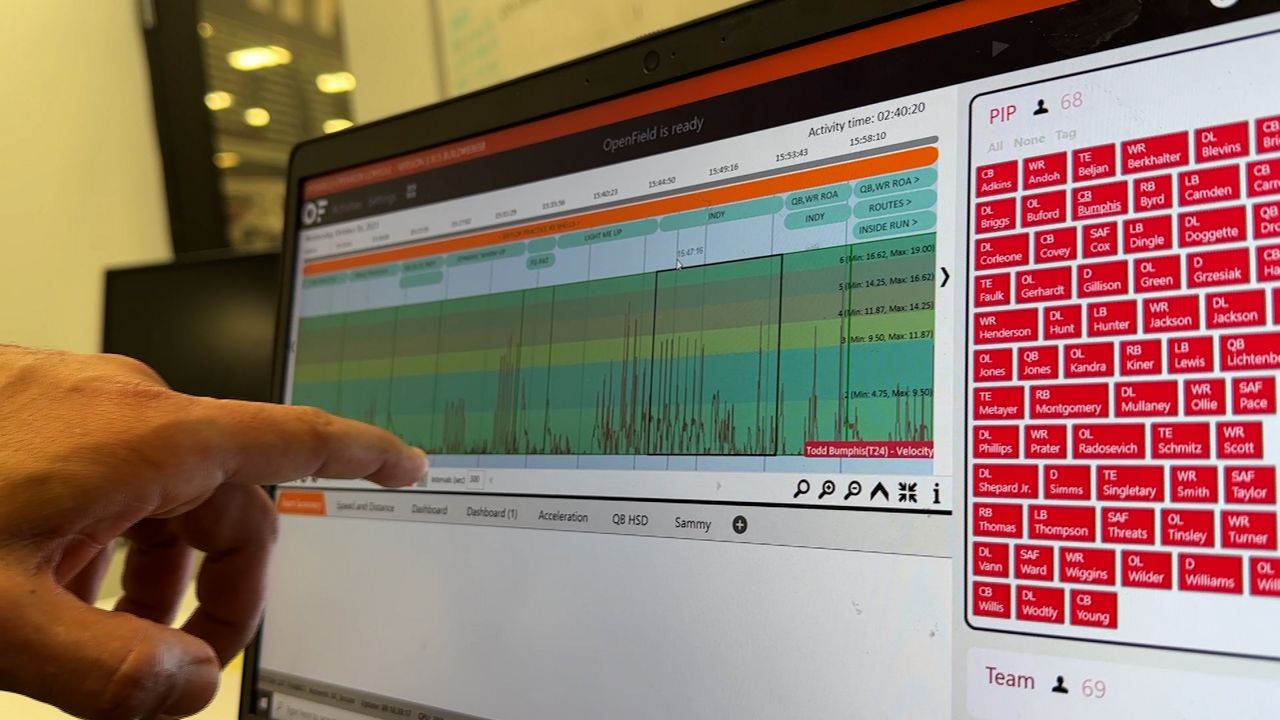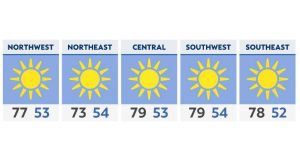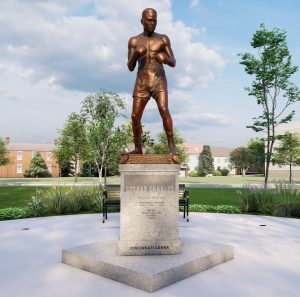DAYTON, Ohio — An Ohio library is aiming to connect families that might not have known they were family. Librarians are helping launch new access to a search tool to help you find out.
Anne Wachs always knew she had German roots.
“I was always told that three brothers came over from Germany and settled in the Cincinnati area,” said Wachs.
What she didn’t know is was just how big her family is.
“I learned that it wasn’t the three brothers. It was the entire family,” said Wachs.
She says she still doesn’t have all the answers, but she’s hoping the library will help people like her who are searching for answers.
“Every so often I go back and see if any additional records have been added in,” said Wachs.
That’s why this librarian jumped at the chance to access more genealogy records. She applied for the Woodbourne Library in Dayton to partner with a database called Family Search.
“Family Search is the website that’s maintained by the Church of Jesus Christ of Latter-Day Saints. It’s extensive. They have a lot of records that are not accessible outside of their library or their family history centers. And they have made it available for some libraries to become affiliates,” said Wachs.
She says the free family search database does not use your DNA, but records to connect you to possible family worldwide.
“If you’ve used Ancestry at all. They have very similar search functions. And so you can break it down by location. You could break it down by type of record if you’re looking for a marriage record, but you don’t know where your ancestor got married,” said Wachs.
She says once a month they’ll be holding classes at the library about how to use it and trace back genealogy to family you might’ve never known you had.
“Maybe someday there will be that connection that will get me to the next generation,” said Wachs.



